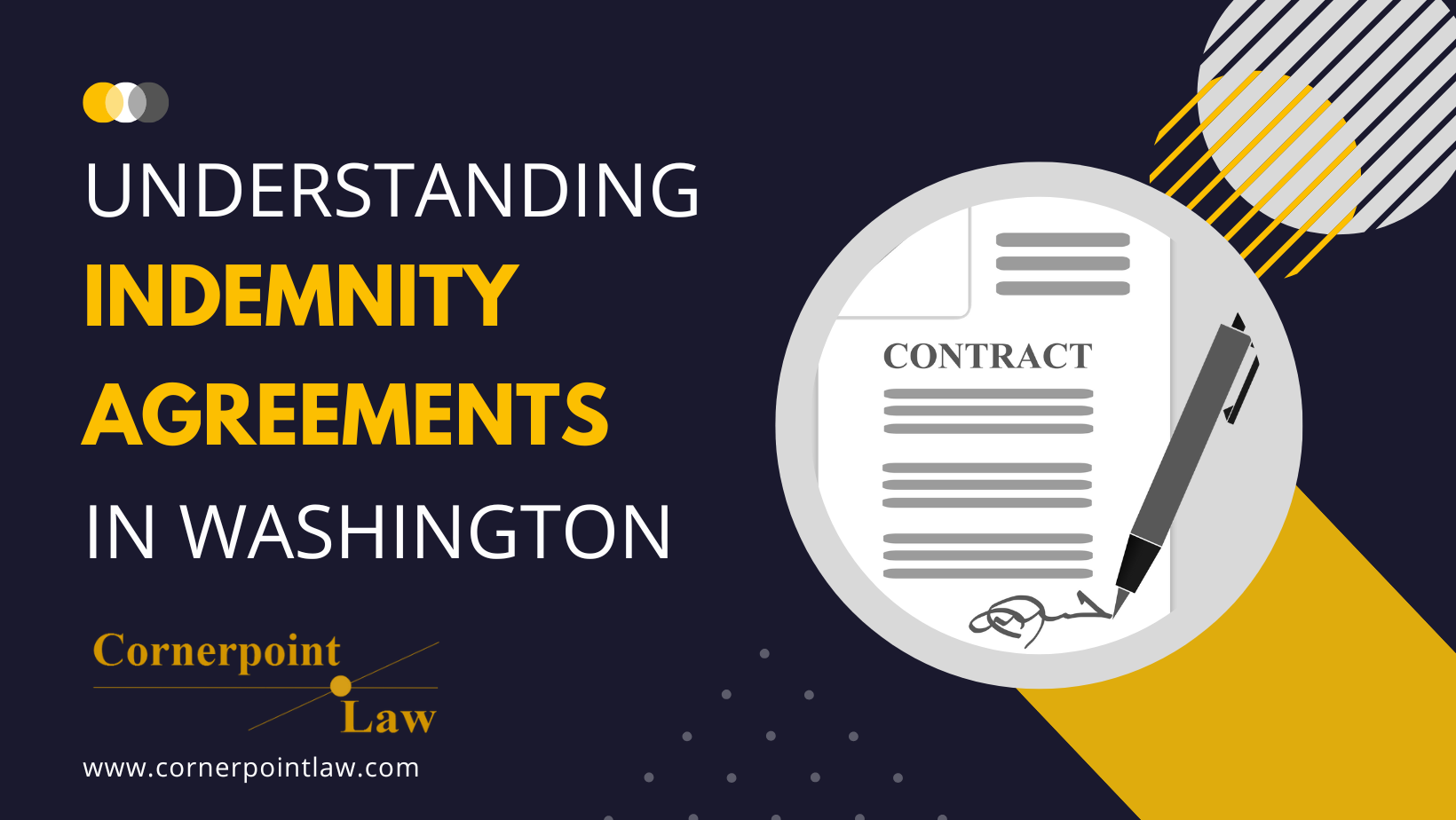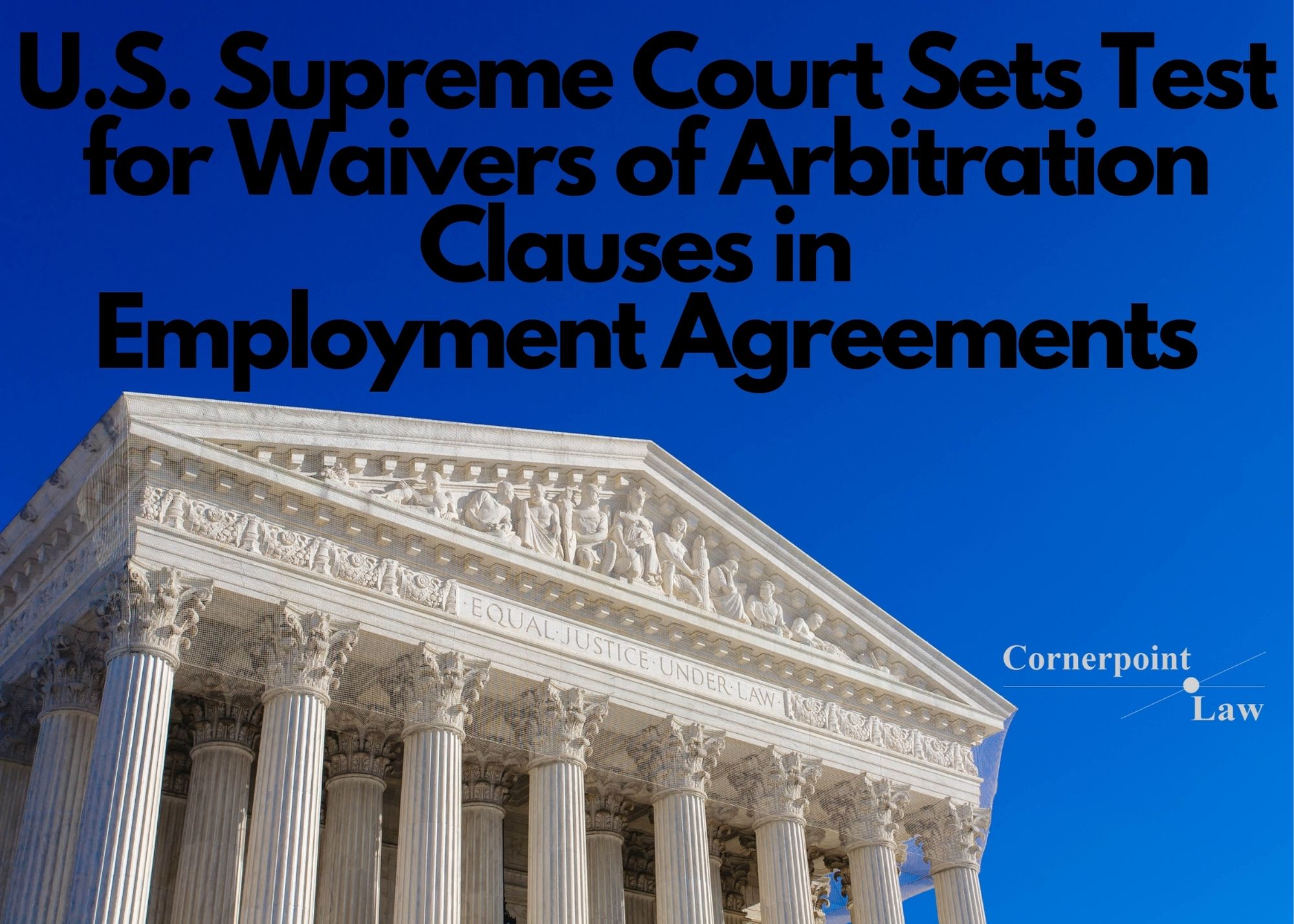Cornerpoint Case Pops: What Businesses Need to Know About Negligent Parental Supervision
January 31, 2018
Unauthorized use and/or duplication of blogposts without express and written permission is strictly prohibited. Excerpts and links may be used, provided that full and clear credit is given, and with appropriate and specific direction to the original content.
The author of this post can be reached by phone at 206-693-2718 or by email.
No Parental Fault for Negligent Supervision of a Child – Smelser v. Paul
By Stacia Hofmann
Cornerpoint Case Pops are dedicated to summarizing relevant, new cases — and their business and risk management lessons — in bite-size posts.
The Case: Smelser v. Paul, Washington Supreme Court, 188 Wn.2d 648, 398 P.3d 1086 (2017)
Traditionally, Washington law has provided parents immunity from certain civil claims brought by their own children. When a parent fails to use reasonable care in supervising his or her child, and that negligent supervision causes the child injury, the child cannot bring a claim or lawsuit for money damages against the parent.
But should legal liability (and financial responsibility) be split or reduced when a parent’s negligent supervision combines with another party’s negligence to cause injury to a child? In the Smelser v. Paul case, a toddler was seriously injured when his father’s girlfriend accidentally hit him with her vehicle. The child sued the girlfriend, but she argued that the father was at least partially responsible for failing to reasonably supervise his child. The case went to trial, and the jury found both were careless, apportioning 50% of the fault to the girlfriend and 50% to the father. But since the father had parental immunity, no judgment could be entered against him. The end result: the judgment against the girlfriend was for 50% of the money damages. The other 50% was unrecoverable, and the child appealed.
On July 6, 2017, the Washington Supreme Court narrowly decided (five justices in favor to four justices opposed) that the girlfriend was financially responsible for 100% of the child’s money damages, even though the jury found her only 50% responsible. The court concluded, “Simply stated, it is not a tort to be a bad, or even neglectful, parent.”
 Thus, it is now settled law in Washington that a parent owes no legal tort duty to reasonably supervise one’s own child, and cannot be found liable (legally and financially responsible) for any percentage of fault resulting from negligent supervision.1 This includes immunity from money damages for the child’s past and future medical bills, emotional distress, and pain and suffering.
Thus, it is now settled law in Washington that a parent owes no legal tort duty to reasonably supervise one’s own child, and cannot be found liable (legally and financially responsible) for any percentage of fault resulting from negligent supervision.1 This includes immunity from money damages for the child’s past and future medical bills, emotional distress, and pain and suffering.
Risk Management Lesson
 So why should businesses care whether there is liability for negligent parental supervision? Unsupervised children can be injured at even the most innocuous of businesses. For example, while playing on business premises, they may fall down after tripping or slipping or be hurt by product displays, signage, or equipment. Unsupervised children may also be injured by products in their own homes.
So why should businesses care whether there is liability for negligent parental supervision? Unsupervised children can be injured at even the most innocuous of businesses. For example, while playing on business premises, they may fall down after tripping or slipping or be hurt by product displays, signage, or equipment. Unsupervised children may also be injured by products in their own homes.
These types of injuries (and sometimes, sadly, death) may result from a combination of a business’s negligence and a parent’s careless supervision of his or her child. But the business – whether a retailer, restaurant, manufacturer, or other business – will be financially responsible for not only its relative percentage of fault in causing the injury, but also the parent’s.
Risk management practices, business policies and procedures, and insurance decisions should account for the possibility that an unsupervised child may be injured in ways that a supervised child may not. A business should identify those circumstances relevant to their business premises, operations, and/or products, and develop strategies for warning parents of the need for supervision, and otherwise communicating to and correcting parents who may not be adequately supervising their children.
By understanding the risks associated with negligent parental supervision, businesses can increase child safety while also minimizing their own potential for liability.
Email or call me to see if Cornerpoint can help with your risk management or litigation questions.
This blog is for informational purposes only and is not guaranteed to be correct, complete, or current. The statements on this blog are not intended to be legal advice, should not be relied upon as legal advice, and do not create an attorney-client relationship. If you have a legal question, have filed or are considering filing a lawsuit, have been sued, or have been charged with a crime, you should consult an attorney. Furthermore, statements within original blogpost articles constitute Stacia Hofmann’s opinion, and should not be construed as the opinion of any other person. Judges and other attorneys may disagree with her opinion, and laws change frequently. Neither Stacia Hofmann nor Cornerpoint Law is responsible for the content of any comments posted by visitors. Responsibility for the content of comments belongs to the commenter alone.
- The exclusion of a legal tort duty only applies to negligent, or careless, supervision. Parents are still liable for intentional (wanton or willful) conduct in the supervision of their children. ↩





If your child is injured whether at home or at any business establishments, it is very important to consult the experts to help you understand your and the child’s legal rights. Hire the best lawyer for your case. Check this out: https://www.wienerandlambka.com/child-injury-lawyer-issaquah